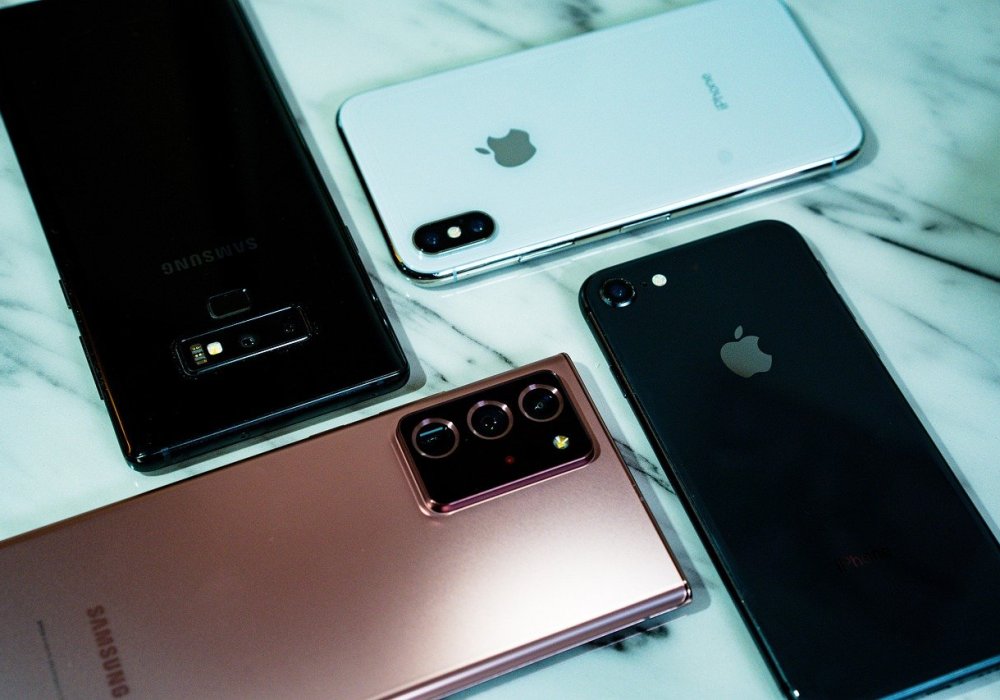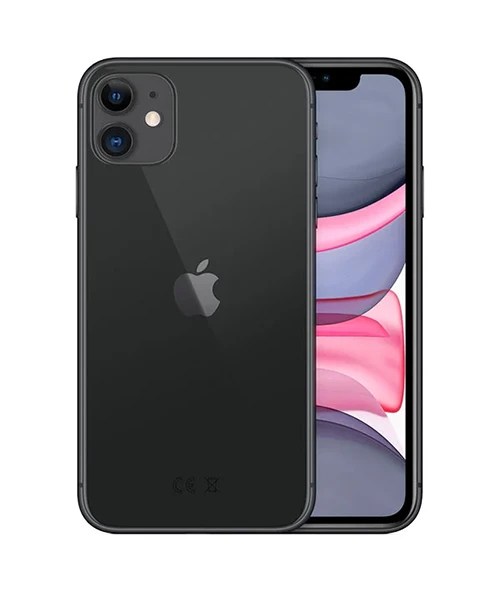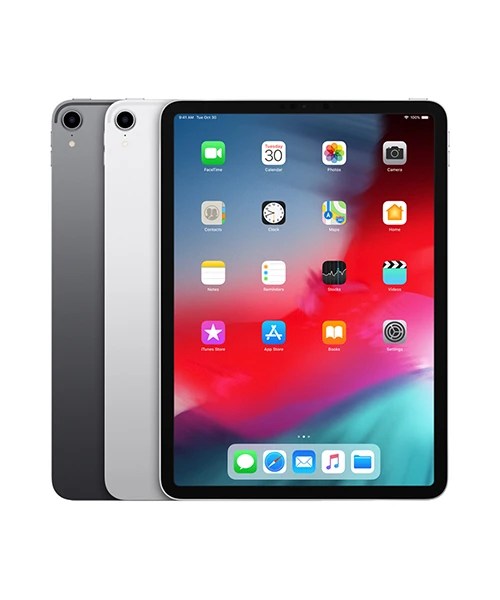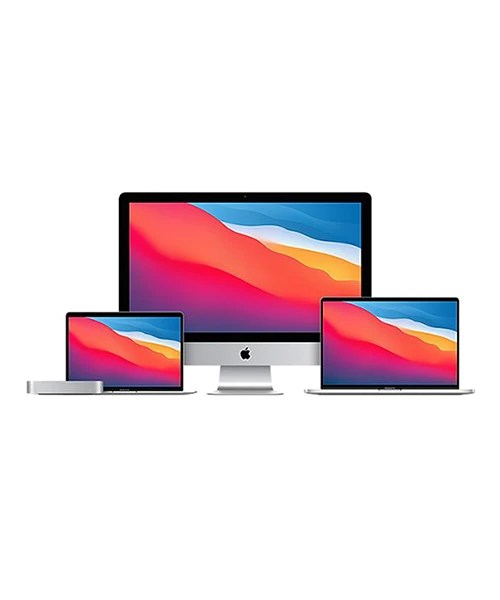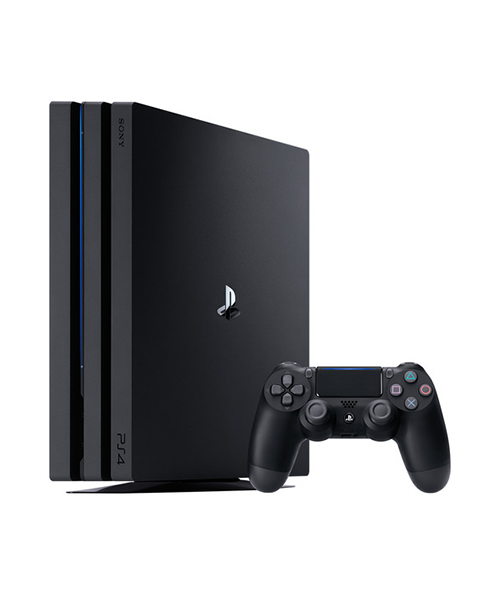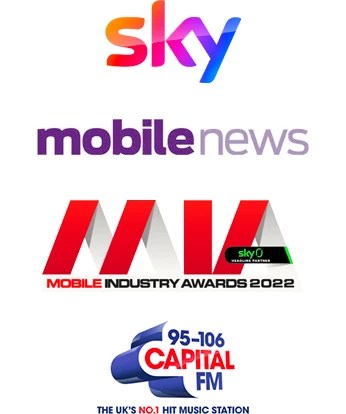Two tech giants, but only one can win. Or can they?
Comparing the two main players in the smartphone market may seem like an easy task, but it can be anything but. Do you lean towards style over substance, freedom over privacy or Android over iOS?
This debate has been going on for years, with loyal fans of both sides defending their chosen brand all of the way. We tried to delve beyond this loyalty and find out which one really comes out on top.
Believe it or not, the first iPhone was released 14 years ago when Apple took the market by storm offering a fully touchscreen, internet and app-enabled sleek device. It was a device that nobody was expecting but everybody wanted (even if they didn’t realise it at the time). It took Samsung a cool two years to release their first ‘proper’ attempt at the smartphone market with the Galaxy series.
Fast forward 14 years to today, and Apple to date have released 29 (Yes 29!) iPhone models including the latest iPhone 12 range compared with Samsung who have come out with 17 Samsung Galaxy S models.
We’re now enjoying superfast phones with high spec cameras, crystal clear sound, Ultra high definition screens and apps to assist with any situation that you can think of. We take a look at the most fundamental features to see who comes out on top.
We’ll be comparing the iPhone 11 Pro Max Vs Samsung Galaxy S20 Ultra. Although these are not the most recent devices since the iPhone 12 & Samsung S21 ranges were released, these have dropped to very competitive prices given the new models that have been launched, but still boast some amazing specifications.
Display
The Samsung S20 sports a 6.9”, 120Hz Dynamic AMOLED screen, and is widely recognised as the best screen capabilities currently available on the smartphone market. The iPhone 11 Pro Max doesn’t come up too far short in this category with a slightly smaller (some would say more manageable) 6.5” Super Retina XDR OLED screen the iPhone does feature scratch-resistant glass as well as a fingerprint smudge repellent coating – uncommonly known as oleophobic – to keep those frustrating smears away.
Camera
Both phones carry great front and rear facing cameras, however we have to give this one to Samsung. They have given cameras a focus in their most recently released phones, no doubt due to our human desire to capture our everyday lives, pets and of course food! Apple come in with a 12 Megapixel wide camera, with a 2X optical zoom and would certainly stand up against most other cameras on the market. The S20 Ultra boasts a 108 Megapixel camera with a 4X Optical zoom and 10X hybrid zoom. On paper, the S20 is in a different league to every other phone out there and if you’re someone that likes to view your images on the big screen, or even print them for the photo album then the extra pixels will definitely come in handy. If the images are simply to be viewed on the phone, then likely the difference wouldn’t be noticed.
Both smartphones have the ability of recording video at 4K resolution, but again the S20 Ultra does take it to the next level with 8K video recording – although a compatible viewing screen will be required to make it worthwhile.
Battery
Some would say the most important feature of their phone is how long will it last before they need to charge it again. Nobody wants their phone spontaneously giving up halfway through the day after being on charge all night. Luckily, both Apple and Samsung have given a good level of consideration to this issue with these models. Neither should struggle to last you the day, whilst you’re out and about with very similar high-capacity batteries. The iPhone even boasts an ability to play music for up to 80 hours and multimedia for 20 hours, meaning sneaking in a few episodes on Netflix won’t be an issue, even without a charger to hand!
In fact the 11 Pro Max had an endurance rating of 102 hours compared to the S20’s 87 hours.
Operating System
iOS vs Android has always been a hot topic, causing many a feud between even the best of friends. Throughout our use of both phones, we came to the conclusion that it we desired an experience without limitations then Android was the way to go. A very open operating system allowing the user to fully customise their phone as they wish, and giving access to many applications via the google play store. We found Apple’s iOS to be more restrictive but with good reason, your security. Apple’s iOS didn’t allow for anything to get through, that we wouldn’t want to get through. Spam, malware and all of those nasty things were instantly blocked and refused by Apple giving the user an instant peace of mind that they’re being looked after and their privacy upheld.
Extra Features.
With most of the above being so similar, we could certainly say that the jury is still out on this one. Therefore, often the decision comes down to the bonus features that are included. These are usually unique and exclusive to each device and can be the difference between buy or not to buy.
Both devices have added security features including Face ID and Fingerprint Sensors – Gone are the days of pressing *#10# to unlock your Nokia, simply place your thumb on the screen and you’re in.
Voice assistants are becoming part of our daily lives more and more now; however we have to give this one to Apple. Apple Siri is widely recognised as the smartest, most adaptable smart assistant available currently with the ability to carry out most tasks you can think of. Whether that be setting your calendar, writing a text message or telling you a (debatably funny) joke, Siri has you covered with very little need to repeat your request more than once.
Both phones have the ability to allow you to pay for goods or services with your phone, however through our tests we found that Apple Pay was simply further along in making this as user friendly as possible. Samsung Pay doesn’t currently accept all UK bank cards and was a little temperamental at checkout whereas Apple Pay didn’t seem to fail once, working first time, every time.
Price
Although not ‘cheap’, the difference between these two devices is minimal. After all, they are in competition with each other and understandably price will very much come into it. As the market stands, you will be spending between £700-£800 for a brand new device however refurbished devices are available from £574.99.
Summary
If this was boxing, this is going to the panel and is most likely going to be a split decision.
The best we can advise is if you’re looking for the highest specs available, then Samsung wins this one. On paper it is the best in the market.
However, If you’re looking for high specs combined with ease of use, and style in abundance we would vote for Apple’s iPhone. One thing that we can be sure of though is neither phone would come as a disappointment, and would serve you very, very well.
To view our range of refurbished iPhone & Samsung devices, please visit the online shop!





